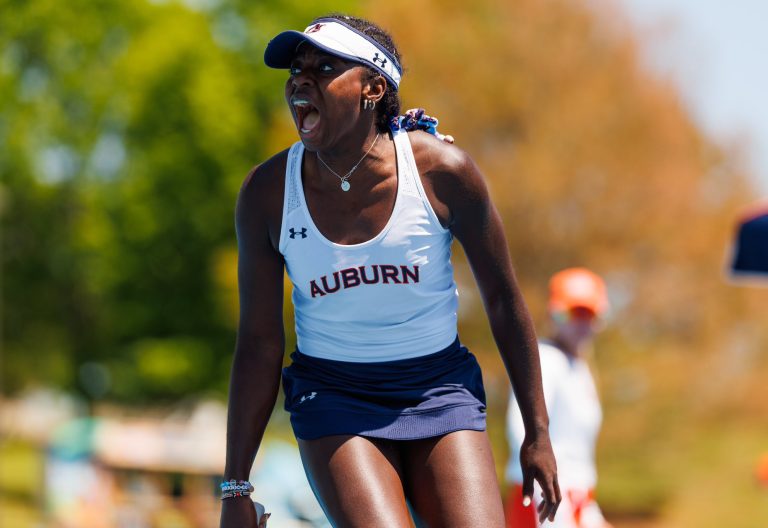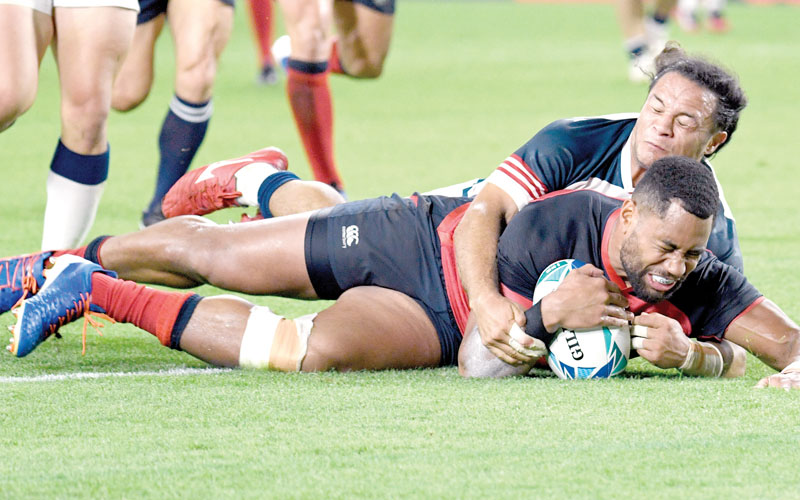Sport is an important enabler for development
By Raphael Obonyo, April 7, 2021As the world celebrates the UN-designated International Day of Sport for Development and Peace, it is important to reflect on the fundamental role that sport and physical activity play in communities and people’s lives especially in economic and social development. We must also make a concrete commitment by investing in sports.
Sport for development and peace is an international movement that began with the United Nations’ Millennium Development Goals, which ran from 2000 to 2015, and continues through the Sustainable Development Goals, a second global development plan running from 2015 to 2030.
Countries, organisations and associations use sport as a vehicle to reach several social and humanitarian missions including education, social cohesion, health, reintegration, diplomacy and peace.
Sport is a powerful tool to strengthen social ties and promote sustainable development and peace as well as solidarity, respect and other essential human values. It unifies those of all faiths, cultures, and languages.
As Nelson Mandela once remarked, sport has the power to change the world. Indeed, the South African leader used the power of sport during the 1995 Rugby World Cup after the official end of apartheid in order to unite South Africans.
Similarly, in 2005, after leading his country – Cote d’Ivoire – to qualify for the 2006 World Cup, Didier Drogba and his teammates launched an appeal for his country to lay down their arms in the midst of civil war.
The former Chelsea star and Ivory Coast forward used the power of football to end his country’s civil war.
Sport is not just a by-product of development but it is one of its engines. As witnessed in many parts of the world sport is capable of lifting youth out of unemployment, under employment, frustration, dearth of opportunities and stunted growth.
In Jamaica, sports have been used to establish peace in many volatile and crime-riddled communities.
Indeed, many of Jamaica’s globally lauded sporting heroes are from economically deprived families and communities. It is an avenue for academic advancement and vertical social mobility.
In Kenya, Mathare Youth Sports Association (MYSA); a pioneering community development organisation uses sports to engender broad socio-economic development, while also effecting positive social change.
MYSA has been working in some of the poorest slums in Africa, using sport and particularly football to give young people the skills to improve their lives.
MYSA has directly impacted thousands of young people – using sport to promote social progress, environmental protection, education, individual self-esteem, team spirit, health protection including HIV/AIDS awareness.
Kenya’s Moving the Goalpost has been using football combined with peer education to empower young female adolescents in coastal Kenya.
Then there is Laureus Sport for Good that uses sport to reduce the impact of violence, conflict and discrimination, to enhance social and emotional development, to inspire healthy behaviour change and to increase educational achievements and employability skills.
Through sports, the organisation has changed the lives of millions of children and young people.
Sports can be a diplomatic bridge to peace and a vehicle for healing political and cultural rifts among communities and countries.
International sporting events have been important tools for dialogue and tolerance among nations.
Likewise, sport has a unique power to bring people together, drive social change and bridge the gap between different ethnicities and traditions.
No effort should be spared to tap and maximise the power of sport and to invest in and implement programs that can lead to development and peace. —The writer is a public policy analyst —raphojuma@hotmail.com
More Articles

